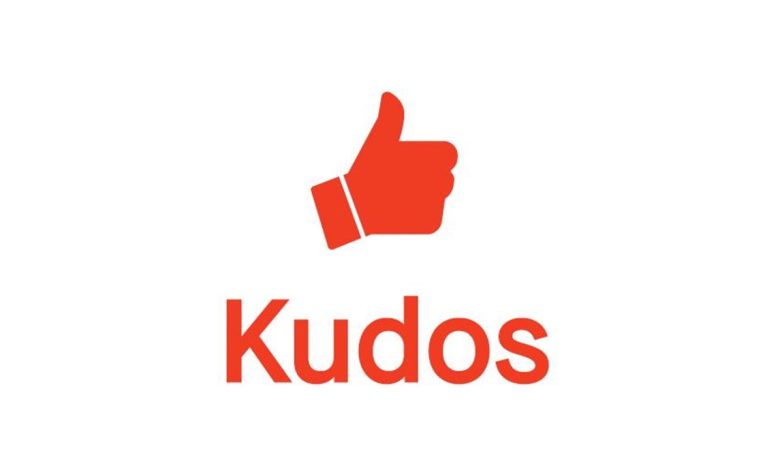Kudos to government for salary increase

DAR ES SALAAM: YESTERDAY the country was awoken by the good news of the Government raising the minimum wage for the private sector by an average of 33.4 per cent.
The Minister of State in the Prime Minister’s Office (Labour, Youth, Employment and Persons with Disability), Mr Ridhiwani Kikwete, was quoted as saying that the change is in line with Section 39(1) of the Labour Institutions Act, Chapter 300, through Government Notice No 605A of October 13, 2025.
Increasing the private sector minimum wage can lead to greater consumer spending, poverty reduction and economic growth by giving low-wage workers more disposable income.
It can also improve worker productivity and morale while addressing income inequality.
Importance of increasing minimum wage includes, but not limited to, increased consumer spending: Low-wage workers tend to spend a larger portion of their income, so a minimum wage increases boosts demand for goods and services, which can stimulate economic growth.
Poverty and inequality reduction is another benefit. Higher minimum wage can lift families out of poverty and reduce income inequality by increasing the earnings of the lowest-paid workers, hence somehow bridging the classes.
There is also a factor of improved productivity and morale. Higher wages can lead to increased worker morale, reduced turnover and greater productivity as employees feel more valued and are more motivated.
Economic growth: Increased consumer spending can lead to higher business revenues and potentially create new jobs, contributing to overall economic expansion.
As Minister Kikwete said, the government decided to increase the minimum wage for the private sector to ensure that workers receive fair pay that meets their basic needs and reflects the nation’s economic growth.
Some countries look upon the minimum wage as a key tool for reducing poverty and inequality because it benefits low‐earning workers. Other countries see it is a means of increasing labour productivity.
ALSO READ: Tanzania raises minimum wage for the private sector by 33.4 per cent
Still others consider it the best tool for correcting inefficiencies in the labour market. While there have been efforts to achieve all three of these objectives through the management of minimum wage policy, as it will be seen later below, the minimum wage may not be capable of meeting all these goals at the same time.
Much of the empirical evidence on the effects of the minimum wage on the labour market comes from developed countries, but in recent years the volume of studies on developing countries has increased, giving a more comprehensive picture of the consequences of the minimum wage in emerging economies. Kudos to Tanzania Government for the step it has taken.





